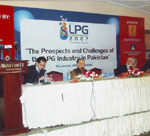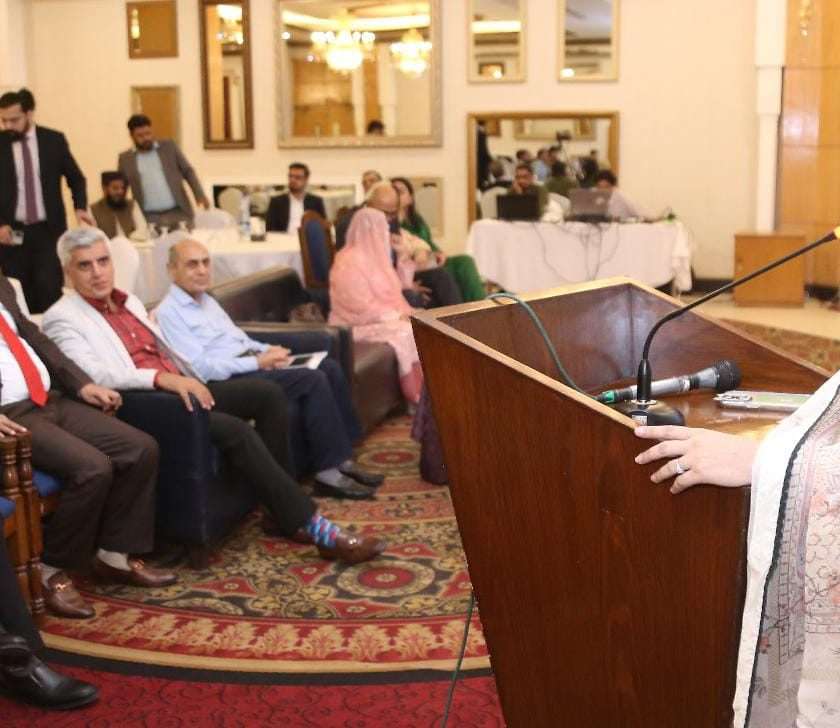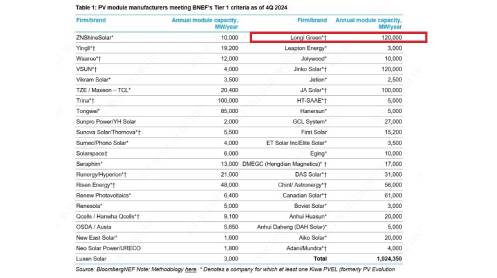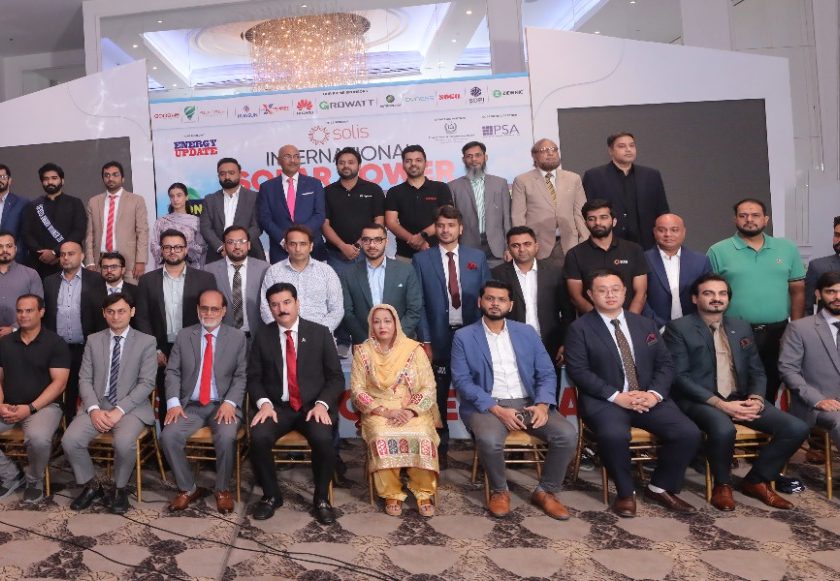1st LPG Conference
January 11, 2007, Islamabad – Pakistan
Liberalization and Deregulation does not absolve the Government of its responsibilities: Ahmed Waqar, Secretary Petroleum
ISLAMABAD: Government’s policy of deregulation has resulted in the growth of the LPG sector in Pakistan and from 15 companies in the year 2000, now there are over 40 engaged in the business. However, the inputs from regulators like OGRA should not be viewed as interference as deregulation does not absolve the government of its responsibilities.
This was stated by the Secretary Petroleum, Ahmed Waqar, while speaking at the first ever conference on LPG held at a local hotel here. The conference deliberated on the theme of “The Prospects and Challenges of the LPG Industry in Pakistan” and the event was organized by the LPG Association of Pakistan and monthly Energy Update, Pakistan’s first magazine dedicated to the energy industry. Leading stakeholders of the LPG sector participated in the Conference. However, the regulatory body, OGRA, was conspicuous by its absence as no representative came to hear the issues troubling the industry.
The secretary promised to consider the stakeholders’ views seriously in all policy formulation and hoped some good recommendation, that are truly implementable will emerge from the deliberations of the conference instead of ‘ideal’ viewpoints which do not deliver concrete results.
President of the World LP Gas Association, James Rockall, who had come especially for this conference, in his address, touched upon various issues related to the global scenario of LPG, and its potential and challenges in the Pakistan market.
He explained the worldwide growth trends and said that developing economies especially those in Asia, present huge opportunities for the use of LPG as it contributes to the socioeconomic development through its advantage of portability.
He also outlined its importance as not only a safe fuel but also a healthy one, citing a World Bank report that quantified the ‘hidden costs’ of transport fuels other than gas, which not only make people ill but also kill them.
James Rockall also cited examples of LPG being used as a ‘social’ gas by sectors not served by the national grids and pipeline network, and advocated its use as autogas, in tandem with stringent formulation of safety standards and their implementation. He gave the example of the US where it is the fuel of choice for school buses…. an indicator of
its safety.
In answer to questions, he informed the audience that World LP Gas Association will look at working with the UNDP, which has adopted LPG as the fuel of choice for the development areas, of working something for Pakistan on lines similar to the ones used in Morocco and South Africa.
He acknowledged that the issue of pricing, especially import price parity is of crucial importance to the industry in Pakistan. As a policy, the World LP Gas Association favoured free market forces to determine the prices. However, he said that whatever move is made, it should avoid a shock effect on the social fabric. He also sounded a note of caution on the issue of subsidies as there is always an ultimate downside to it.
The industry spokesperson, President of the LPG AP, Iqbal Z. Ahmed appreciated the role of the Secretary Petroleum for keeping the industry in the loop at times of policy formulation and acknowledged that the deregulation has led to increasing investments. He paid tribute to many new entrants into the LNG field, especially the young blood that is changing the dynamics of the way the business is being done. He also appealed to bring all the stakeholders on board, no matter how divergent their views so that the conflicts and differences could be resolved within the industry instead of in the public arena.
On the issue of pricing, he opposed the Import Price Parity, especially for local production, saying that Pakistani apples should be sold at Pakistani prices. He said that investment is made with a certain pricing formula in mind wherein the price should be determined between buyer and seller. He termed as ‘interference’ OGRA’s attempts to cap prices, saying that the industry should be allowed to sink or swim on its own. The manufacturers and marketers will stabalize prices as responsible entities. He commented on the palpable ‘CNG bias’ in OGRA, and asked that a level playing field be provided to all fuels. He also called for the long term continuation of the industry-friendly policies.
Leading LPG experts from Pakistan and abroad gave presentations on the occasion. They included Abbas Bilgrami of Progas whose presentation gave a broad overview of the industry and its future projections, and presented many ground realities. Patrick Gregory of SHV Energy Pakistan Ltd., who gave a global background of the LPG business, and made a case for the marketing of the applications of LPG usage. Mustafa Abdullah of SSGC presented the case study of the Gwadar LPG AIR Mix pilot project. In the final session, Gary D Eaton of Ely Energy of the USA gave a presentation on SNG, a new option which is Synthetic Natural Gas. He was followed by Ahmed Khalid of SSGC, who gave a presentation on LPG extraction from Rich Gas as a source that will fill in the gapin the energy supply of the country..
The last speaker of the Conference was Brigadier Siraj who not only gave a background of the distribution business in the LPG sector, but lamented the absence of the point view of the end user…the customer. He also made an impassioned plea to take on the distributors as partners and not adversaries, and take them on board to bring them up to the mark as far as safety standards are concerned. He termed as the ‘soldiers in the field.Recommendations of the Conference: Price increase should be gradual not sudden Govt. should on increasing local production on a fast track, transparent manner Govt. should promote the use of autogas by immediately notifying the enactment of the rules Curb the smuggling of LPG from Iran Praise OGRA for the appointment of 3rd.party inspectors of installations







